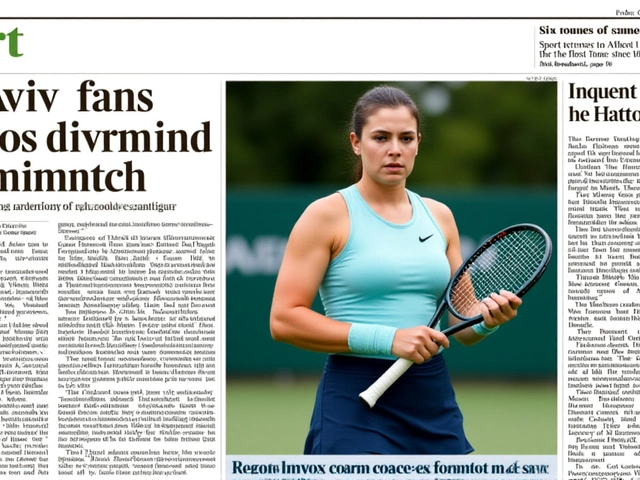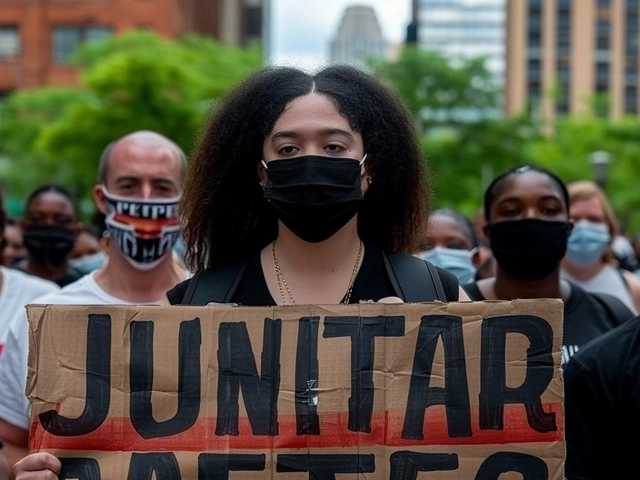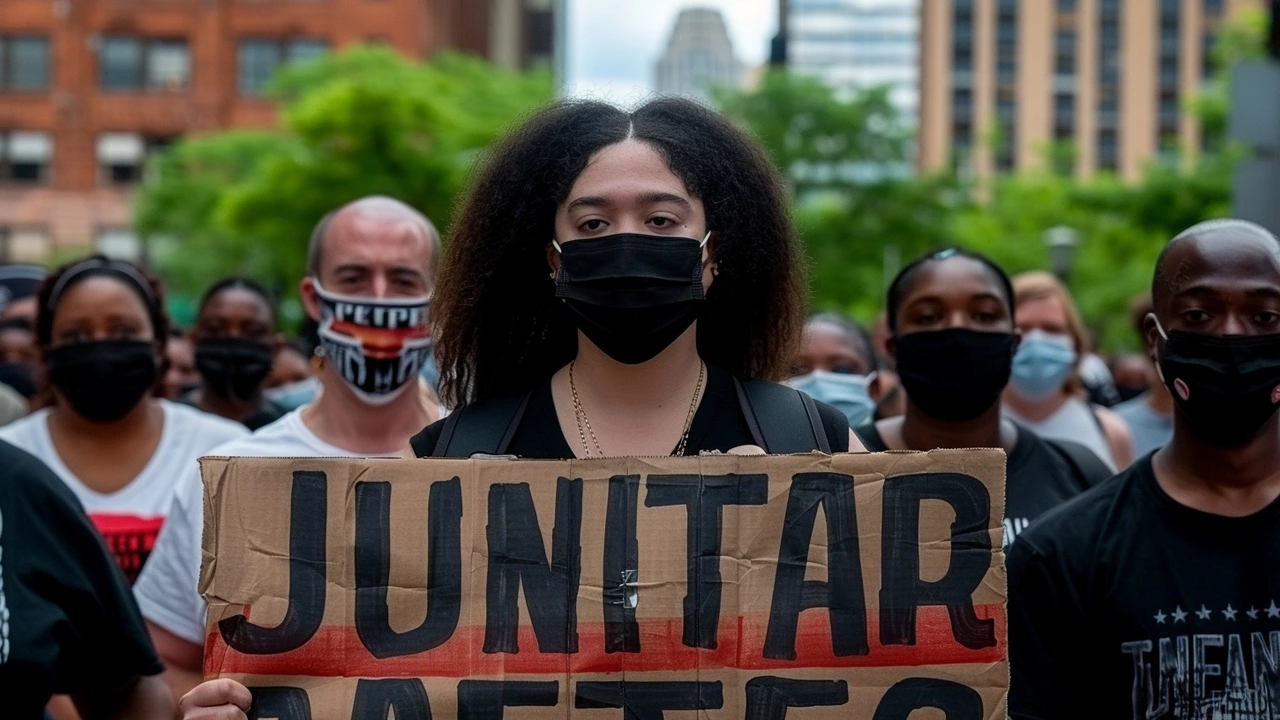
Introduction: Juneteenth and Its Significance
Juneteenth, celebrated on June 19th, commemorates the day in 1865 when enslaved African Americans in Texas learned of their emancipation—more than two years after the Emancipation Proclamation was signed. This day has come to symbolize freedom and a step towards equality for Black Americans. However, as the nation prepares to celebrate Juneteenth in 2023, it is crucial to recognize the ongoing legal challenges that continue to threaten Black participation in democracy. These threats, despite historic progress, highlight the persistent and evolving nature of voter suppression tactics, which disproportionately affect Black communities.
Voter ID Laws: A Veil for Suppression
One of the most pervasive tactics used to suppress Black votes is the implementation of strict voter ID laws. Proponents of these laws argue that they are necessary to prevent voter fraud, yet evidence shows that such fraud is exceedingly rare. Instead, these laws often serve as barriers to voting for many Black Americans, who are statistically less likely to have the required forms of identification. The cost and complexity of obtaining these IDs can be prohibitive, effectively disenfranchising a significant portion of the Black electorate.
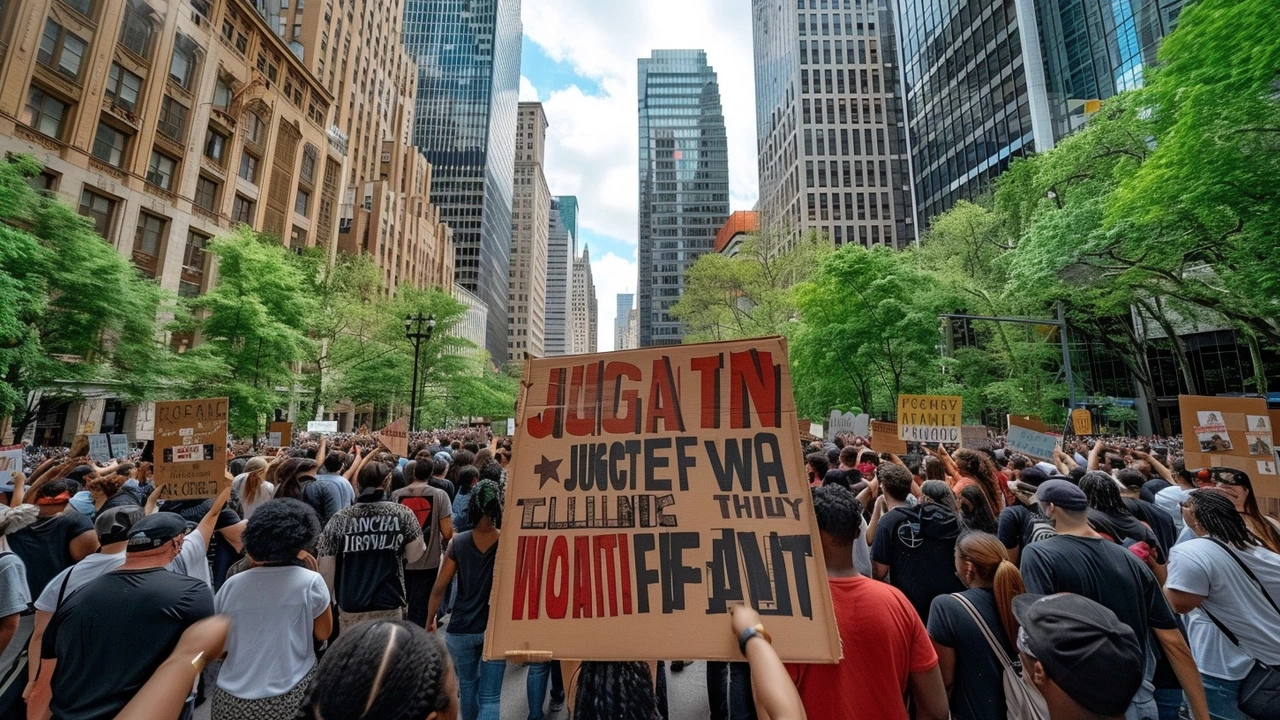
Purges of Voter Rolls and Early Voting Limitations
Purge practices that remove voters from registration rolls are another significant concern. States like Texas, Florida, and Georgia have been particularly aggressive in purging rolls, often citing maintenance and cleanup as reasons. However, these purges disproportionately target Black and minority voters, making it more difficult for them to participate in elections. Coupled with limitations on early voting, which many Black voters rely on due to work or family commitments, these tactics create a hostile environment for Black democratic participation.
The Erosion of the Voting Rights Act
A pivotal moment in recent history was the Supreme Court's 2013 decision in Shelby County v. Holder, which effectively weakened the Voting Rights Act of 1965. The ruling removed the requirement for jurisdictions with a history of discrimination to obtain federal approval before changing their voting laws. This decision opened the floodgates for states to implement restrictive voting measures without oversight, disproportionately affecting Black voters. Subsequent rulings have further chipped away at the Act, making it increasingly difficult to counteract new forms of voter suppression.
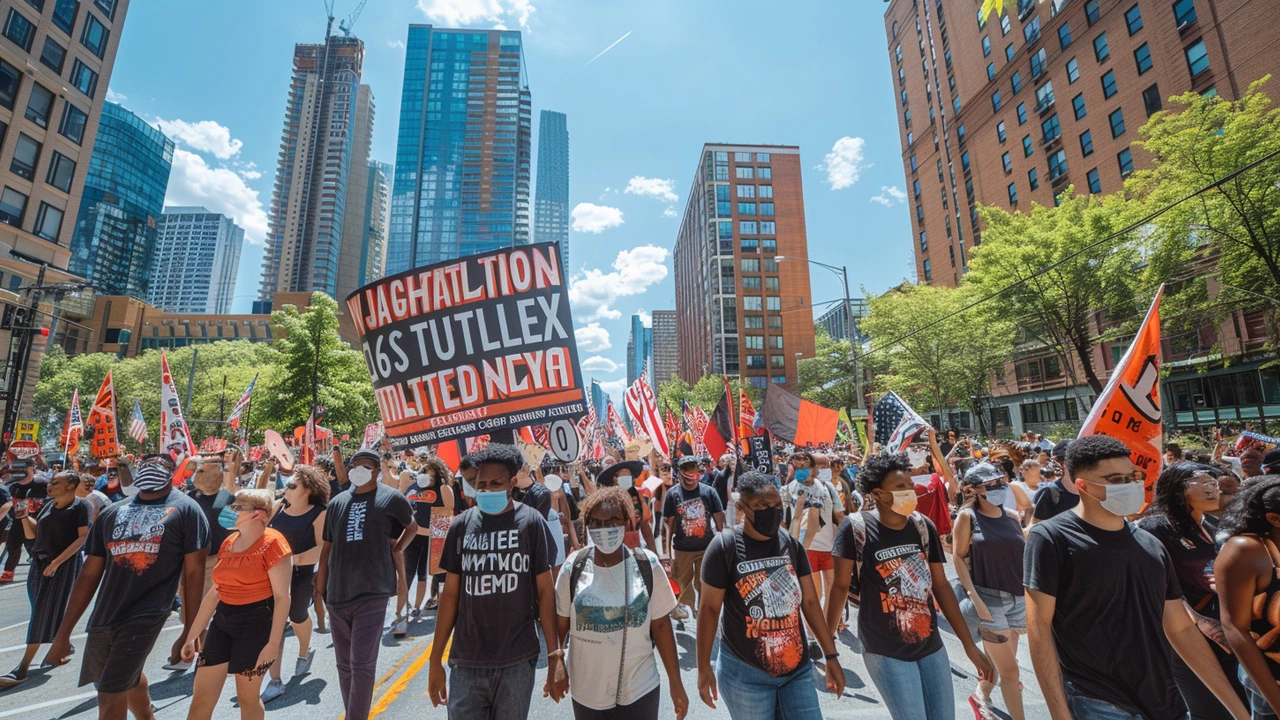
Gerrymandering: A Subtle but Potent Threat
Gerrymandering, the practice of redrawing district boundaries to favor one political party, remains a potent tool for diluting Black political power. By creating districts that pack Black voters into a few areas or spread them thinly across many, this practice ensures that Black votes have less impact on the overall electoral outcomes. States like Georgia and North Carolina have been frequently cited for gerrymandering, resulting in unrepresentative legislatures that do not reflect the makeup of the population.
The Call for Action: Protecting Black Voting Rights
The continuous onslaught of voter suppression tactics undermines the fundamental principles of democracy. Various civil rights organizations, lawmakers, and concerned citizens are calling for urgent action. Measures such as the John Lewis Voting Rights Advancement Act aim to restore and strengthen protections against discriminatory voting practices. There is also a push for broader reforms, including automatic voter registration, extended early voting periods, and making Election Day a national holiday to ensure that all citizens, particularly those in marginalized communities, can exercise their right to vote without barriers.
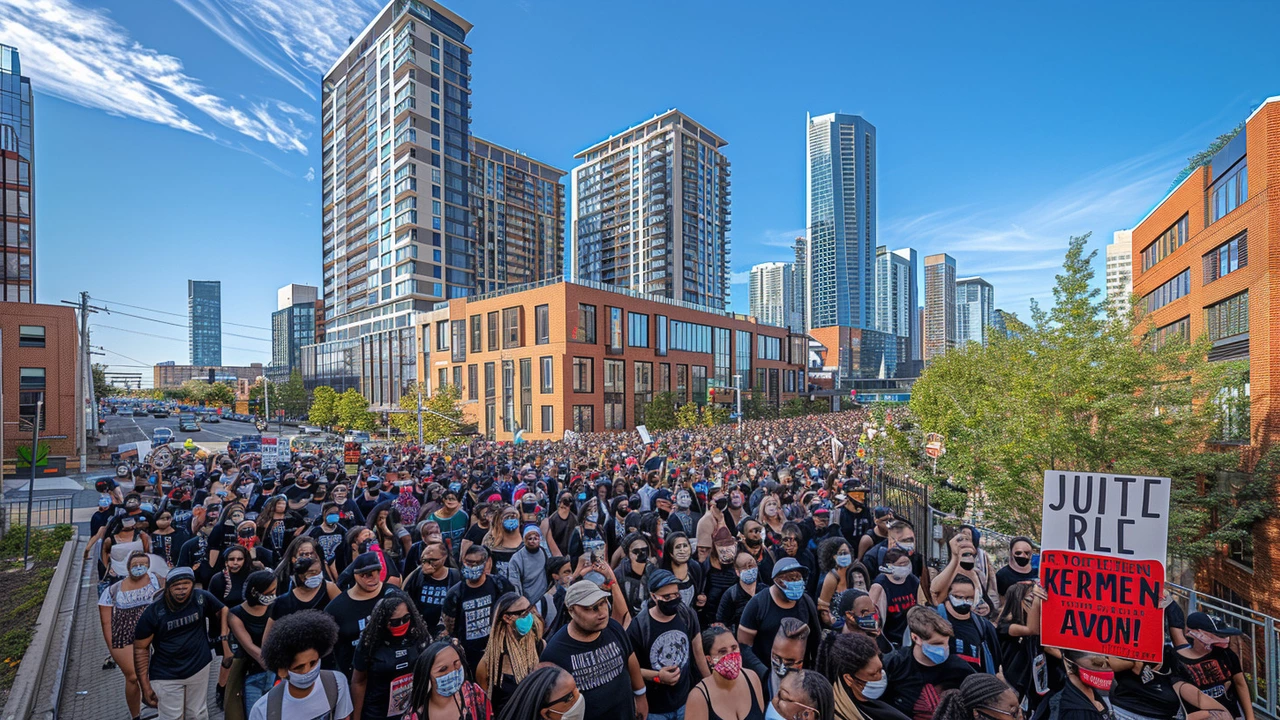
Conclusion: Juneteenth as a Catalyst for Vigilance
As Juneteenth approaches, it serves as a reminder of the progress made and the long road ahead in the fight for racial equality in democratic participation. The celebration of this historic day should also be a call to action, a moment to reflect on the ongoing challenges and to mobilize for change. Protecting Black voting rights is crucial not only for the integrity of the democratic process but for the realization of true equality for all Americans. Continued vigilance, collective action, and unwavering commitment are necessary to ensure that the sacrifices of the past lead to a fair and inclusive future.

